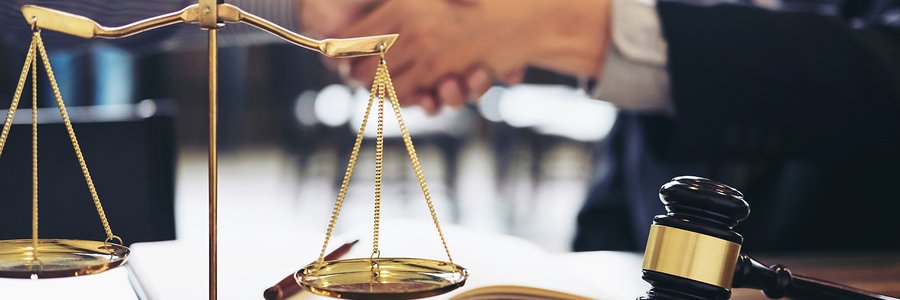A prior article explored the enforceability of oral settlement agreements reached by attorneys outside their clients’ presence. One of the requirements for enforcement concerned the attorneys’ vested authority to enter into the settlement agreement.(1) But what happens when a party has not in fact granted her attorney the power to settle a case, yet the attorney proceeds to do so anyway? Can the opposing party rely on the attorney’s consent to terms for settlement, or will the attorney’s lack of actual authority preclude enforcement? This article will address that topic.
As a general principle, an attorney of record has apparent authority to enter into an agreement on behalf of her client, and that agreement will be enforceable against the client by other settling parties.(2) That apparent authority derives from the contract between the attorney and client and by instructions given the attorney by the client.(3) In the absence of express restrictions, the attorney’s authority may be considered plenary by the court and opposing parties.(4)
Critically, to prevent recognition of an attorney’s plenary power, not only must the client limit the attorney’s settlement authority, but that limitation must be communicated to the other parties.(5) “[I]n , in the absence of knowledge of express restrictions on an attorney’s authority, the opposing party may deal with the attorney as if with the client, and the client will be bound by the acts of his attorney within the scope of his apparent authority.”(6)
Where an attorney fails to communicate the restrictions placed on settlement authority by the client, the client’s sole remedy is against the attorney who overstepped the bounds of her agency, and not against the opposing party.(7)
Consequently, a savvy client may want to protect herself from a future unpalatable settlement, made by her attorney, by both placing explicit restrictions on the attorney’s authority to settle the case and by requiring the attorney to communicate those restrictions in writing to opposing counsel at the outset of a case.
(1) Leary v. Julian, 225 Ga.App. 472, 474(1), 484 S.E.2d 75 (1997).
(2) Brumbelow v. Northern Propane Gas Co., 251 Ga. 674, 308 S.E.2d 544 (1983); and Uniform Superior Court Rule 4.12.
(3) Id.
(4) Id.
(5) Id., 251 Ga. at 675.
(6) Id.; see also Abrams v. Abrams, 262 Ga. 170, 416 S.E.2d 88 (1992).
(7) Id.
